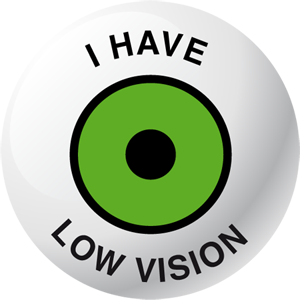Nombre:
ASOCIACIÓN DE AFECTADOS POR LA RETINOSIS PIGMENTARIA DE LA COMUNIDAD VALENCIANA
Página web:http://www.retinacv.es/
Teléfono: 963 511 735 / 608 723 624
Correo electrónico: info@retinacv.es
Dirección postal:
Avda. del Oeste 48 – 7º – J
46001 Valencia
Breve descripción:
La Asociación de Afectados por Retinosis Pigmentaría de La Comunidad Valenciana, está declarada de UTILIDAD PÚBLICA por el Consejo de Ministros del día 27 de enero de 1995. Esta declaración confiere a la asociación de una serie de ventajas fiscales equiparándose a las fundaciones.
Fue en 2003 cuando la Asociación de Afectados por Retinosis Pigmentaria de la Comunidad Valenciana pasó a denominarse Retina Comunidad Valenciana, haciendo buena la tesis de que la Retinosis Pigmentaria no es sino un conglomerado de enfermedades heredo-degenerativas de la retina. En 2006, entendiendo que aunar fuerzas no puede sino ser positivo, se adopta la resolución de integrarse en FEDER (Federación Española de Enfermedades Raras)
Dentro de un sin fin de actividades realizadas a lo largo de todo este tiempo, cabría destacar el I Congreso Internacional de Usher, celebrado en el año 2000 y el Concierto Benéfico Celebrado en el Palau de la Música de Valencia por «Los Panchos», celebrado en 2007. Constituyendo el primero de una buena muestra de los esfuerzos en pro de la difusión de nuestra enfermedad y el segundo, en pro de la captación de recursos económicos con los que apoyar la investigación.
La Asociación de Retinosis Pigmentaria de la Comunidad Valenciana reúne a más de 500 familias afectadas por esta enfermedad.



